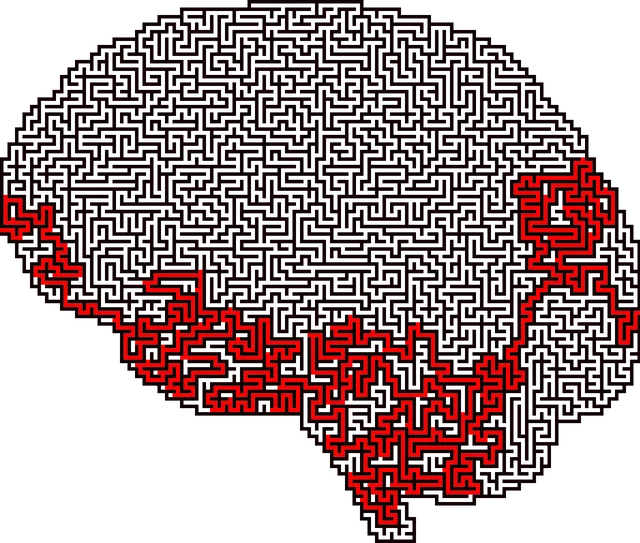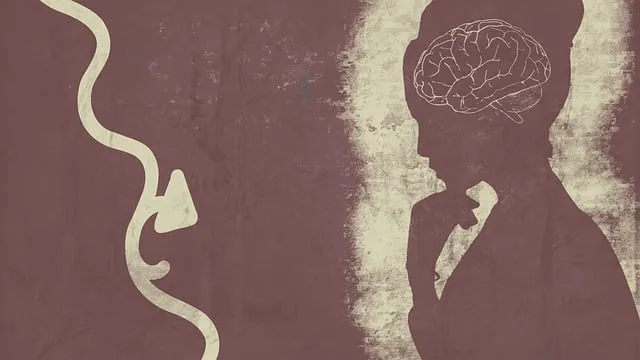Kaiser Permanente's Crisis Intervention Teams (CITs) offer immediate, tailored support for severe mental health crises, focusing on de-escalation and long-term care. Through specialized training emphasizing cultural sensitivity and advanced risk assessment, professionals safely manage high-risk situations. The Community Outreach Program strengthens partnerships, enhancing care access and service quality, ultimately improving patient outcomes in a compassionate environment, solidifying Kaiser Permanente's status as a leader in superior mental health care.
In today’s complex landscape of mental health care, crisis intervention teams (CITs) are a vital resource. These specialized groups play a crucial role in de-escalating acute situations and providing essential support. This article explores the importance of CIT training programs, drawing insights from Kaiser Permanente’s proven approach. We delve into best practices, key components, and strategies for implementing effective crisis intervention initiatives within superior mental health facilities, aiming to enhance patient safety and care outcomes.
- Understanding Crisis Intervention Teams: A Necessary Resource in Mental Health Care
- Kaiser Permanente's Approach to Training: Best Practices and Key Components
- Implementing Effective Crisis Intervention Programs: Strategies for Superior Mental Health Facilities
Understanding Crisis Intervention Teams: A Necessary Resource in Mental Health Care

Crisis Intervention Teams (CITs) are a vital resource within mental health care settings, such as the Kaiser Permanente facilities. These specialized teams provide immediate and targeted support to individuals experiencing severe mental health crises, aiming to de-escalate situations and connect people with appropriate long-term care. The primary goal of CIT training programs is to equip mental health professionals with the skills needed for effective crisis intervention. This includes comprehensive risk assessment techniques tailored to mental health contexts, enabling practitioners to identify and manage potentially dangerous situations.
By integrating cultural sensitivity into their practices, these teams ensure that support is accessible and respectful of diverse backgrounds. The Community Outreach Program Implementation plays a crucial role in CIT training, fostering partnerships with local communities to improve access to care. This holistic approach not only enhances the quality of mental health services but also promotes positive outcomes for individuals facing crisis situations within the Kaiser Permanente mental health facility setting.
Kaiser Permanente's Approach to Training: Best Practices and Key Components

Kaiser Permanente, a renowned mental health facility, has established itself as a leader in crisis intervention team (CIT) training programs. Their approach emphasizes practical, evidence-based strategies tailored to diverse communities. By integrating best practices from various disciplines, Kaiser’s CIT training goes beyond traditional methods.
The program prioritizes trauma-informed care, acknowledging the profound impact of trauma on mental health. It incorporates Mental Illness Stigma Reduction Efforts, fostering an inclusive environment where participants learn to de-stigmatize various conditions. Moreover, risk assessment techniques are meticulously taught, enabling professionals to conduct thorough evaluations during crises. This comprehensive training equips teams with the skills to navigate complex situations, ensuring superior support for individuals facing mental health challenges.
Implementing Effective Crisis Intervention Programs: Strategies for Superior Mental Health Facilities

Implementing effective crisis intervention programs is paramount for superior mental health facilities like Kaiser Permanente to provide comprehensive care. These programs must be tailored to address a wide range of crises, from acute anxiety relief to complex emotional situations. By integrating evidence-based practices and innovative techniques, such as social skills training and empathy building strategies, mental health professionals can enhance their ability to support individuals in distress effectively.
Well-designed crisis intervention team training equips staff with the necessary tools to manage diverse scenarios, ensuring a calm and supportive environment. Regular practice and simulation exercises further reinforce these skills, allowing professionals to respond promptly and efficiently. Ultimately, these strategies contribute to improved patient outcomes and foster a culture of compassion within Kaiser Permanente mental health facilities, setting them apart as leaders in superior care.
Crisis intervention team (CIT) training is a game-changer in mental health care, and superior facilities recognize its importance. By implementing programs inspired by best practices like those at Kaiser Permanente, facilities can ensure their staff are equipped to handle crises effectively. A well-trained CIT not only enhances patient safety but also fosters a more supportive and resilient environment within mental health facilities, ultimately benefiting both patients and providers.






